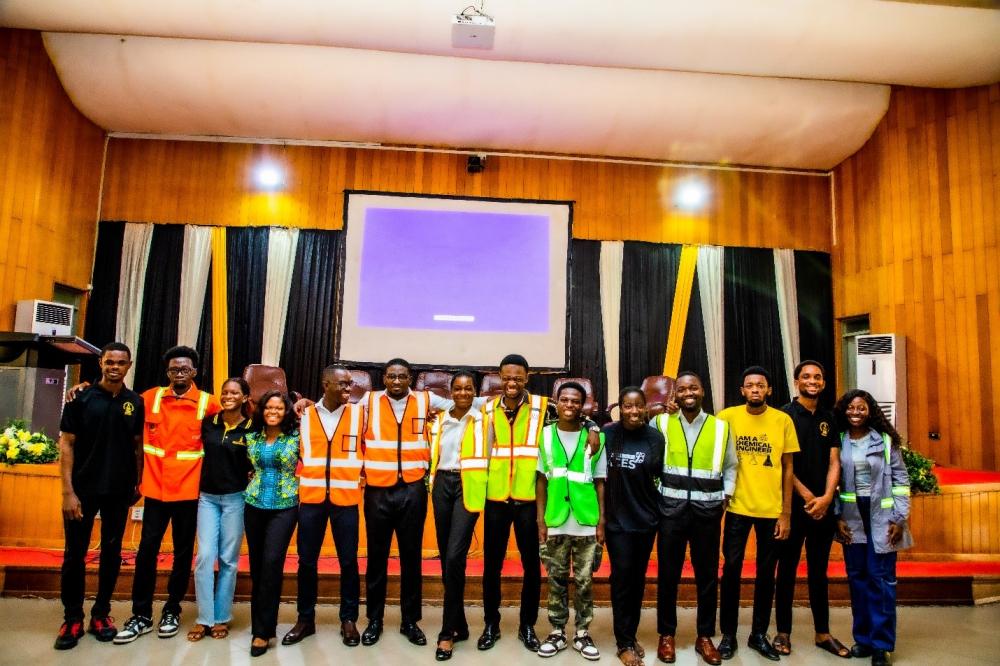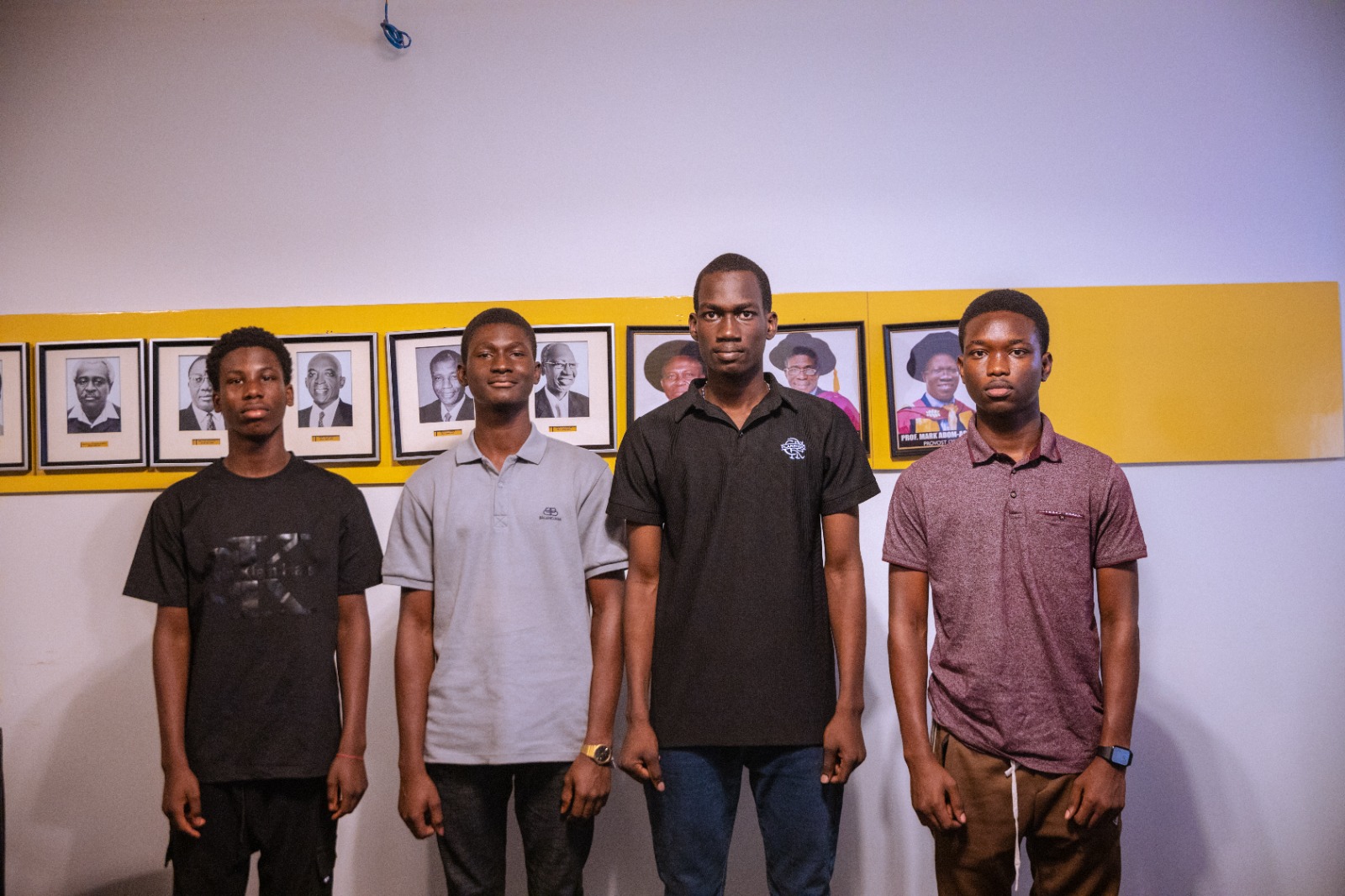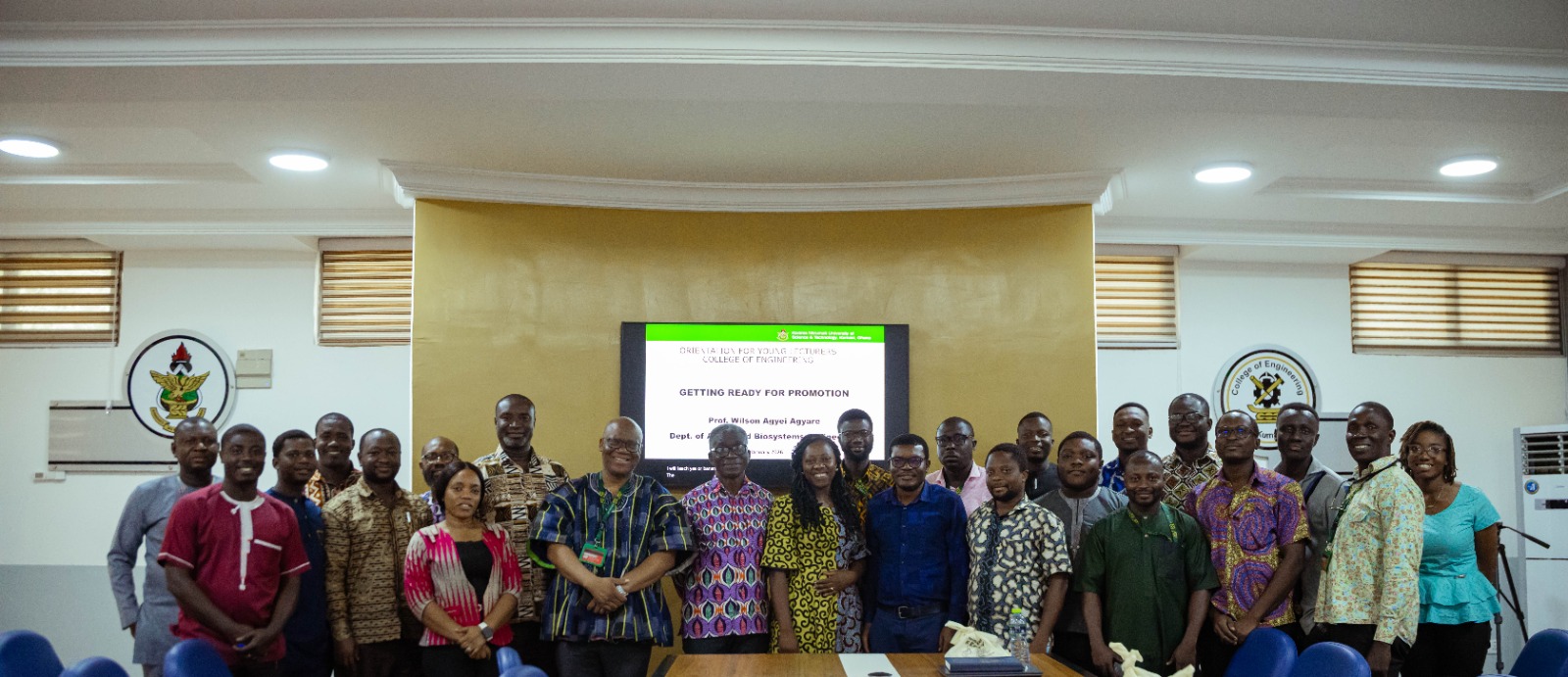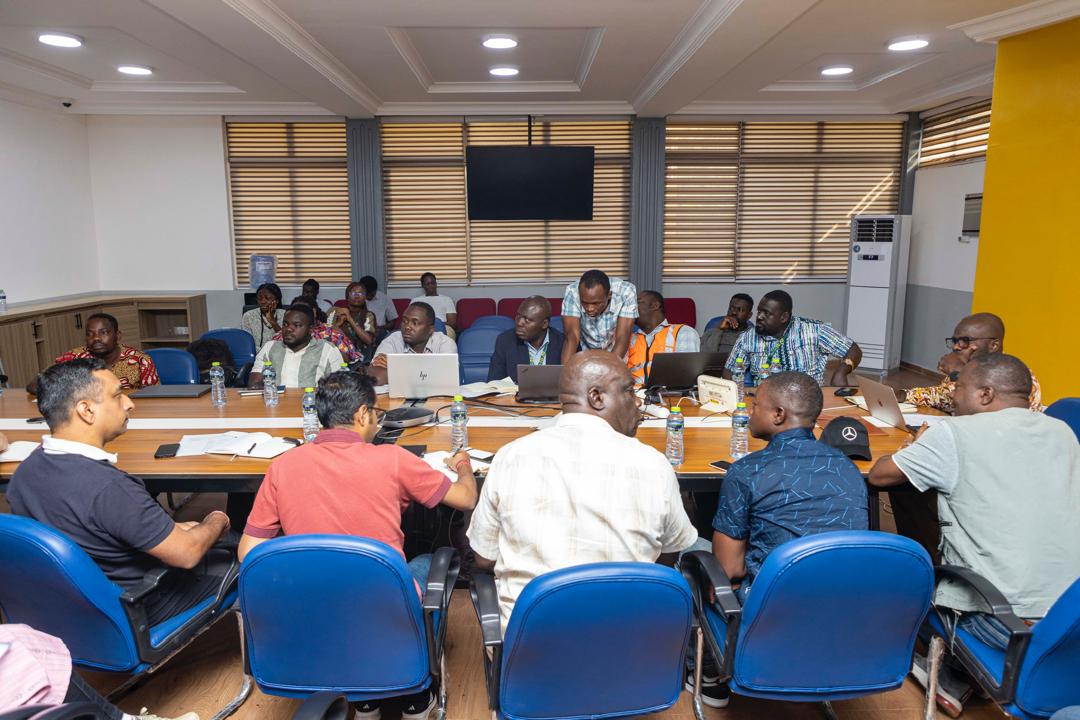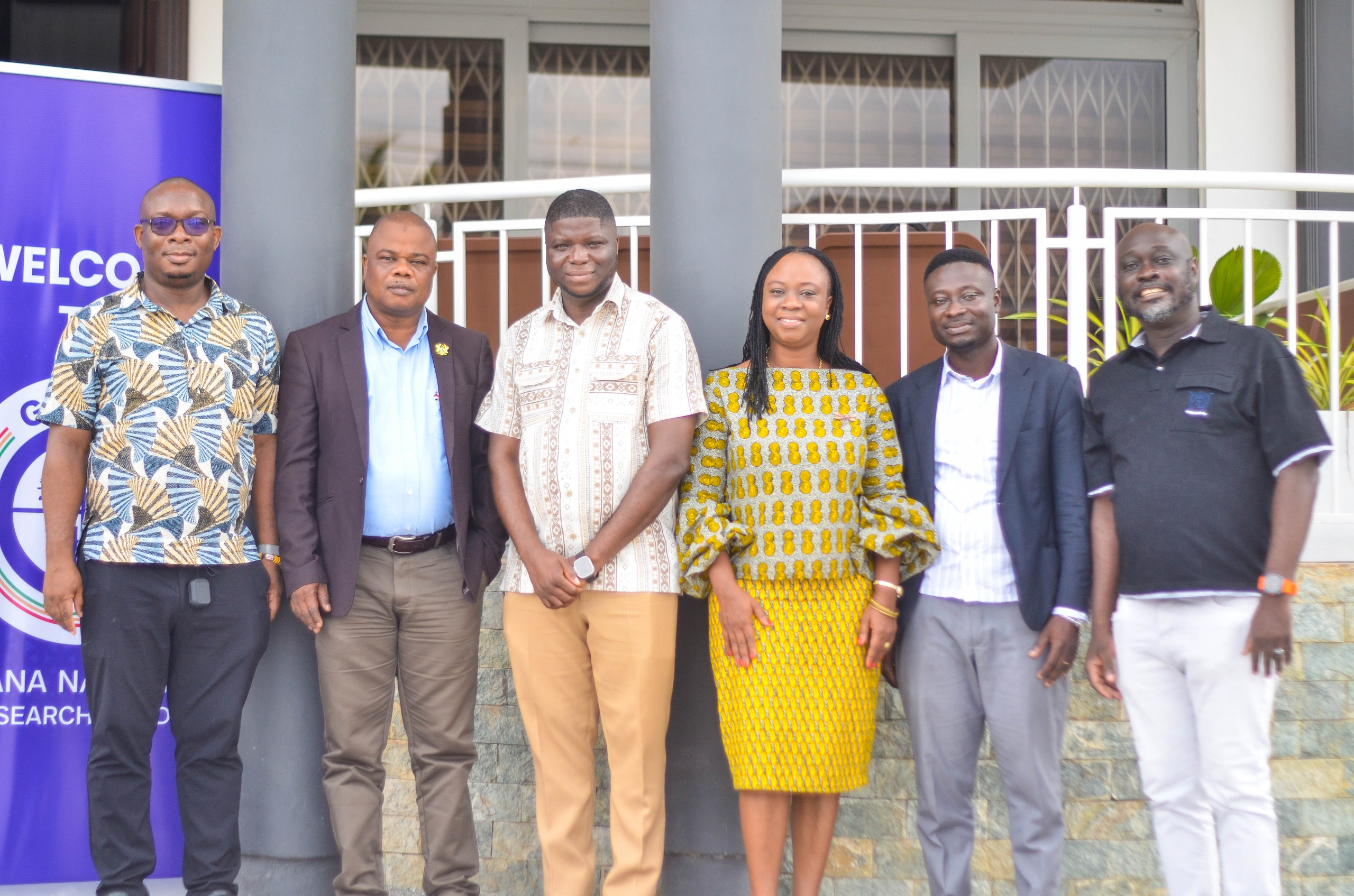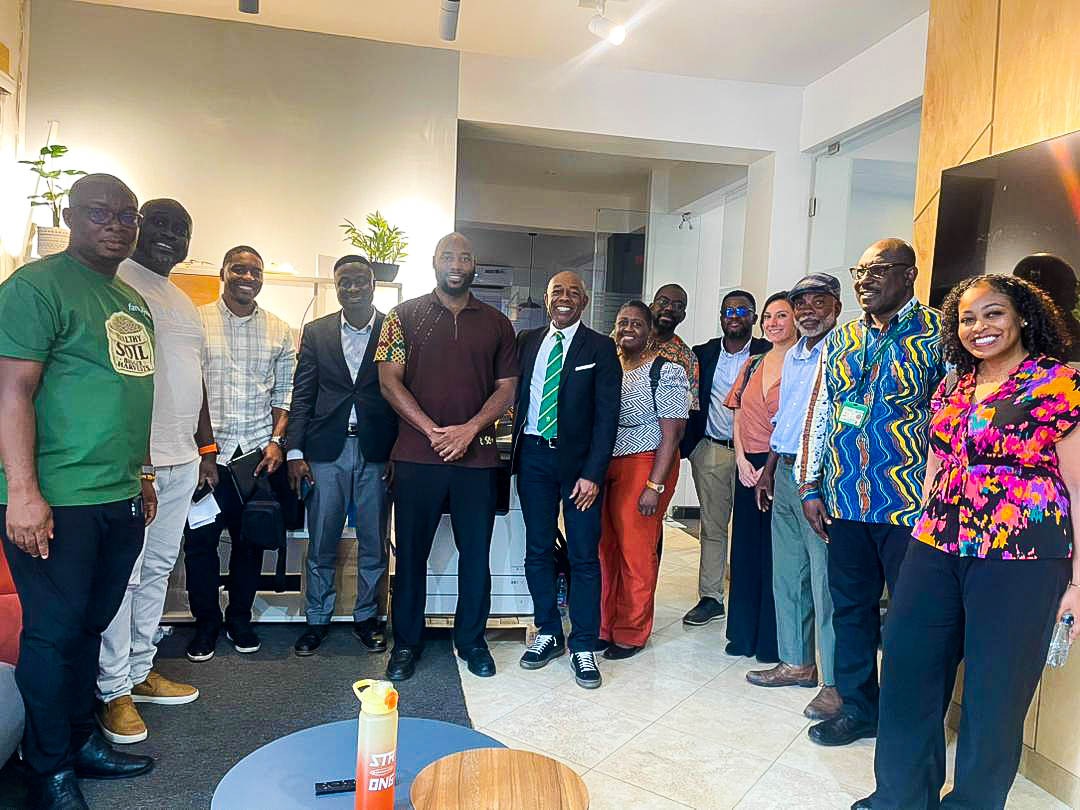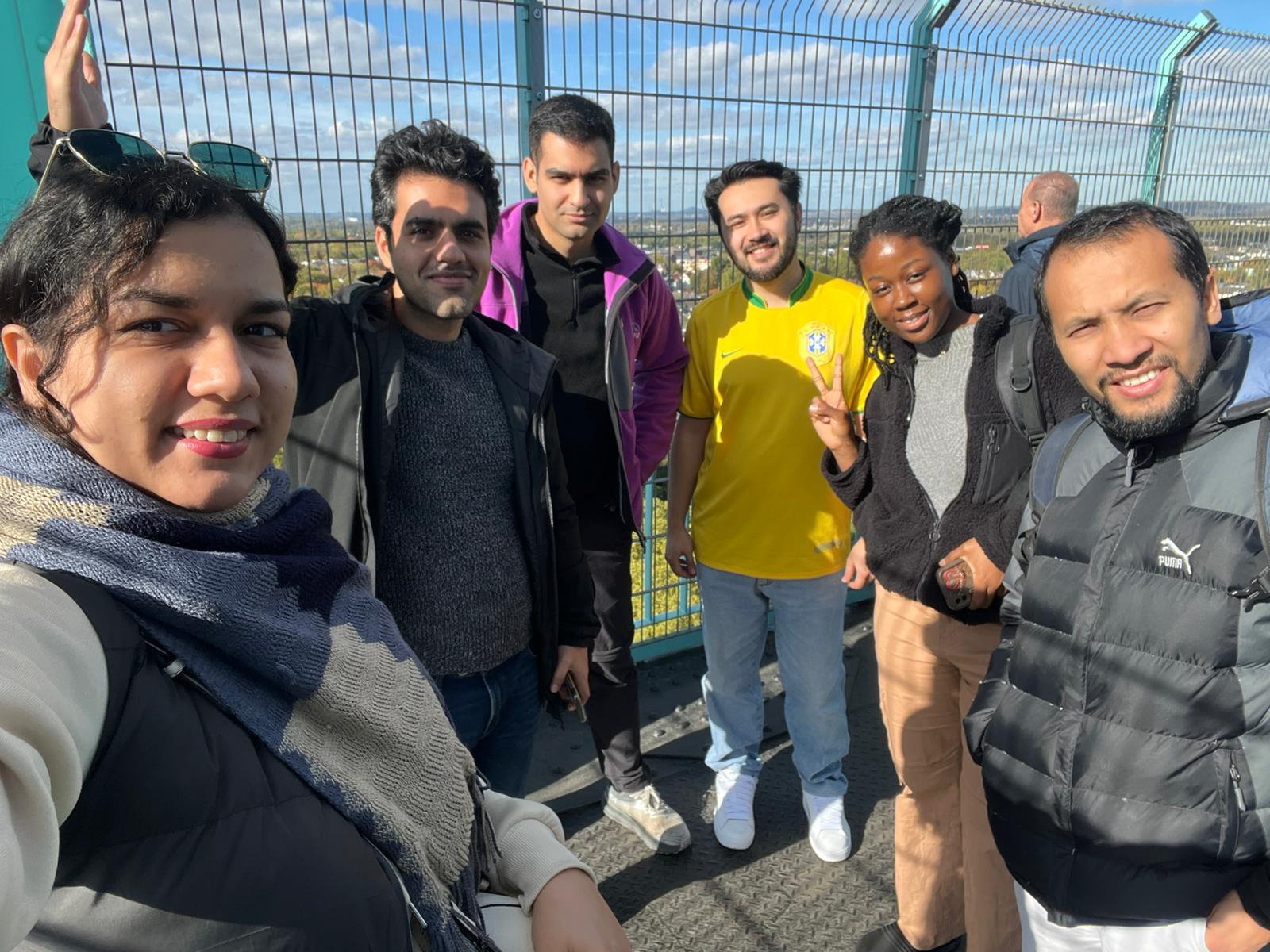As part of the KNUST College of Engineering’s commitment to commemorating World Engineering Day for Sustainable Development, the college organised an event on March 4th, 2025, at the Kumapley Auditorium. The event featured faculty, industry professionals, engineering students and students from Senior High Schools to explore how engineering can drive sustainable development and inspire the next generation of problem-solvers. Themed “Engineering Solutions for a Sustainable World,” the celebration had keynote addresses, an engaging panel discussion, and an opportunity for students to interact with seasoned professionals.
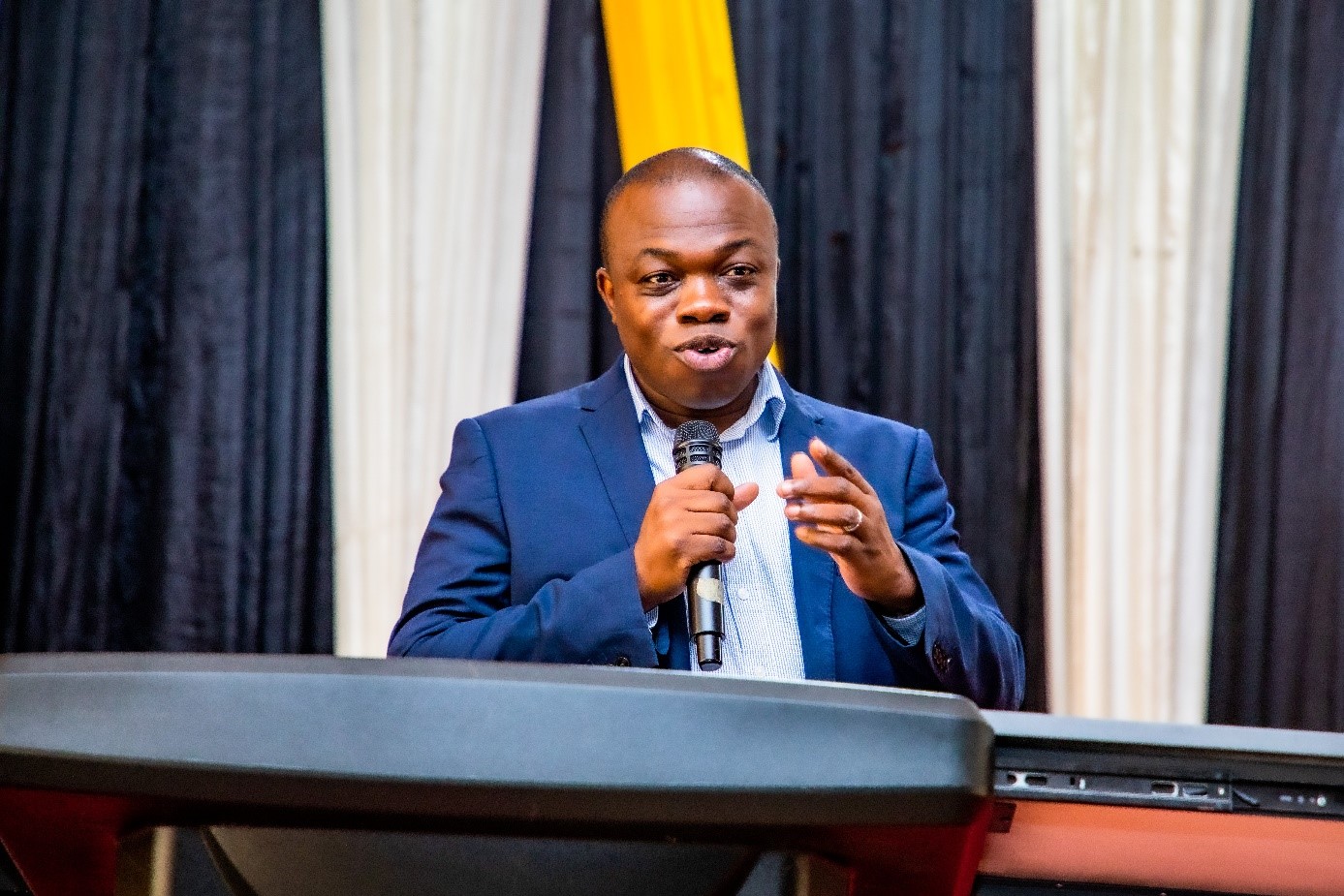
Delivering the welcome address, Prof. Kwaku Amaning Adjei, Dean of the Faculty of Civil and Geo-Engineering, mentioned the role of engineers in shaping society. He iterated that engineering is about developing solutions for climate change, energy sustainability, and technological advancement. “Engineering is the foundation of progress. From the roads we drive on to the technology that powers our daily lives, engineers shape the future. But beyond innovation, we must ensure that what we build today is sustainable for future generations,” he stated.
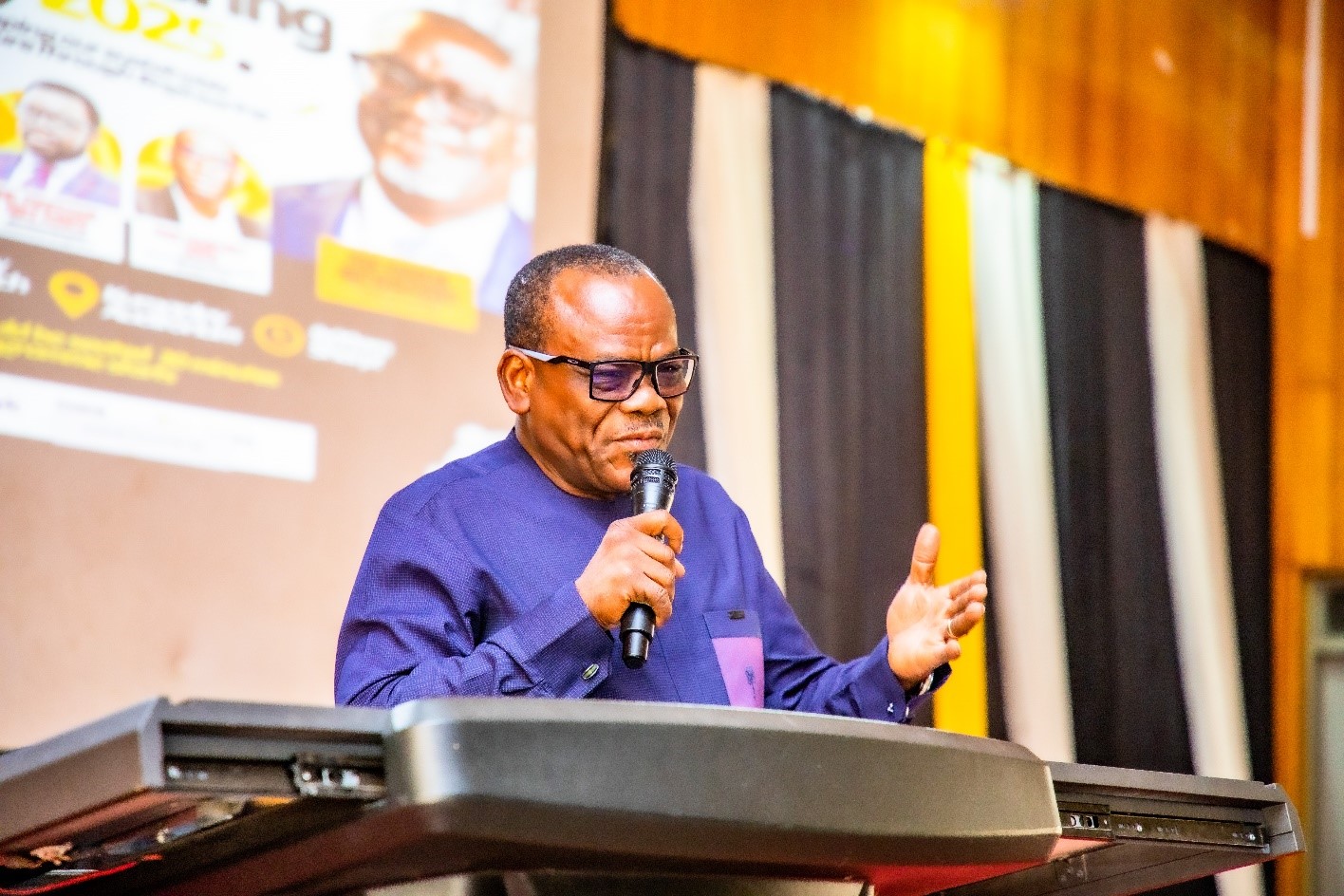
Ing. Isaac Bedu, Registrar of the Engineering Council of Ghana, spoke on the importance of ethical engineering practices and the role of regulatory bodies in ensuring professional standards. He stressed that engineers must be innovators and stewards of ethical responsibility. “The impact of engineering goes beyond the physical structures we see. It influences lives, economies, and the environment. That is why we must uphold the highest standards of professionalism in our work,” he said.
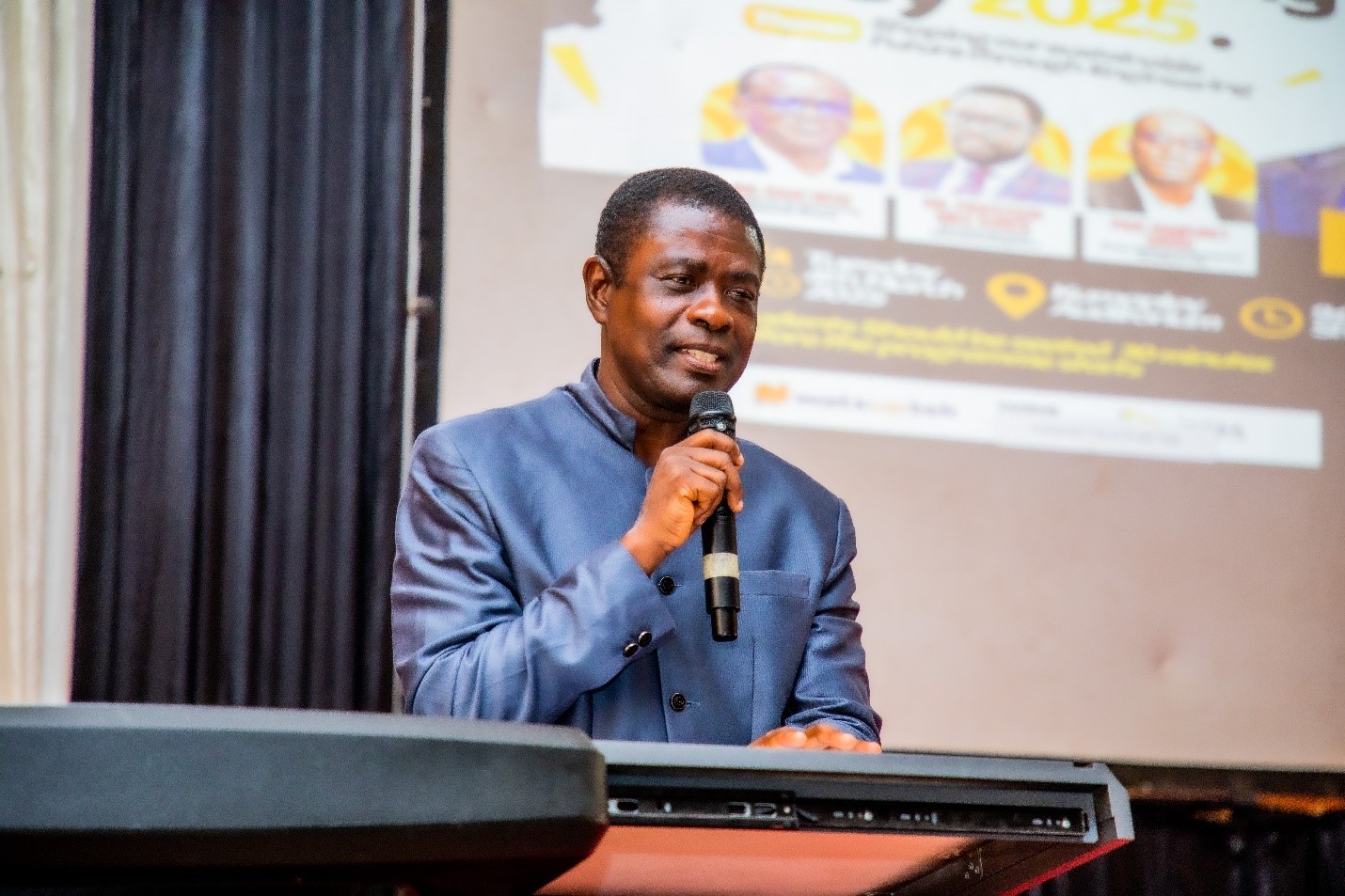
A goodwill message delivered by Prof. Francis Davis, Director of the KNUST Technology Consultancy Centre (TCC), a Centre for Innovation, Manufacturing, and Technology Transfer under UNESCO, challenged misconceptions that engineering is reserved for men, the wealthy, or those who excel in mathematics and science. “Engineering is not an exclusive field. It is for anyone who is passionate about solving problems and driving change. It is for the young girl who wants to design safer transportation systems and for the boy who dreams of building climate-resilient cities,” he stated.
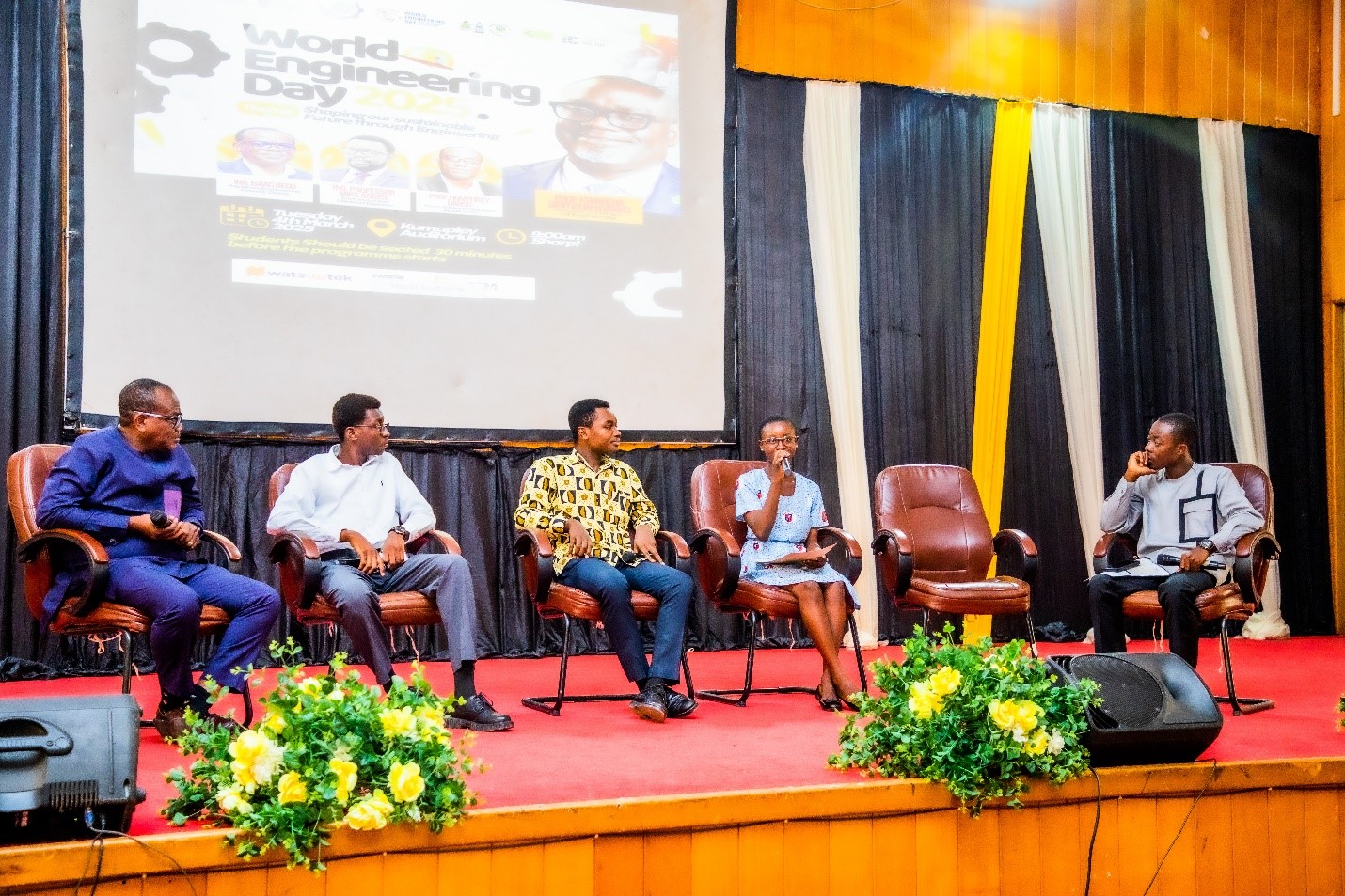
The panel discussion revolved around how engineering can address national development challenges. Ing. Isaac Bedu highlighted the importance of investing in research and innovation, noting that Ghanaian engineers are capable of world-class innovations but often lack the resources and policy support to bring their ideas to life. “We have conducted extensive research on using bamboo as reinforcement in construction, which could be a game-changer for sustainable building materials. But without proper investment and policy backing, these innovations remain on the shelf,” he explained.
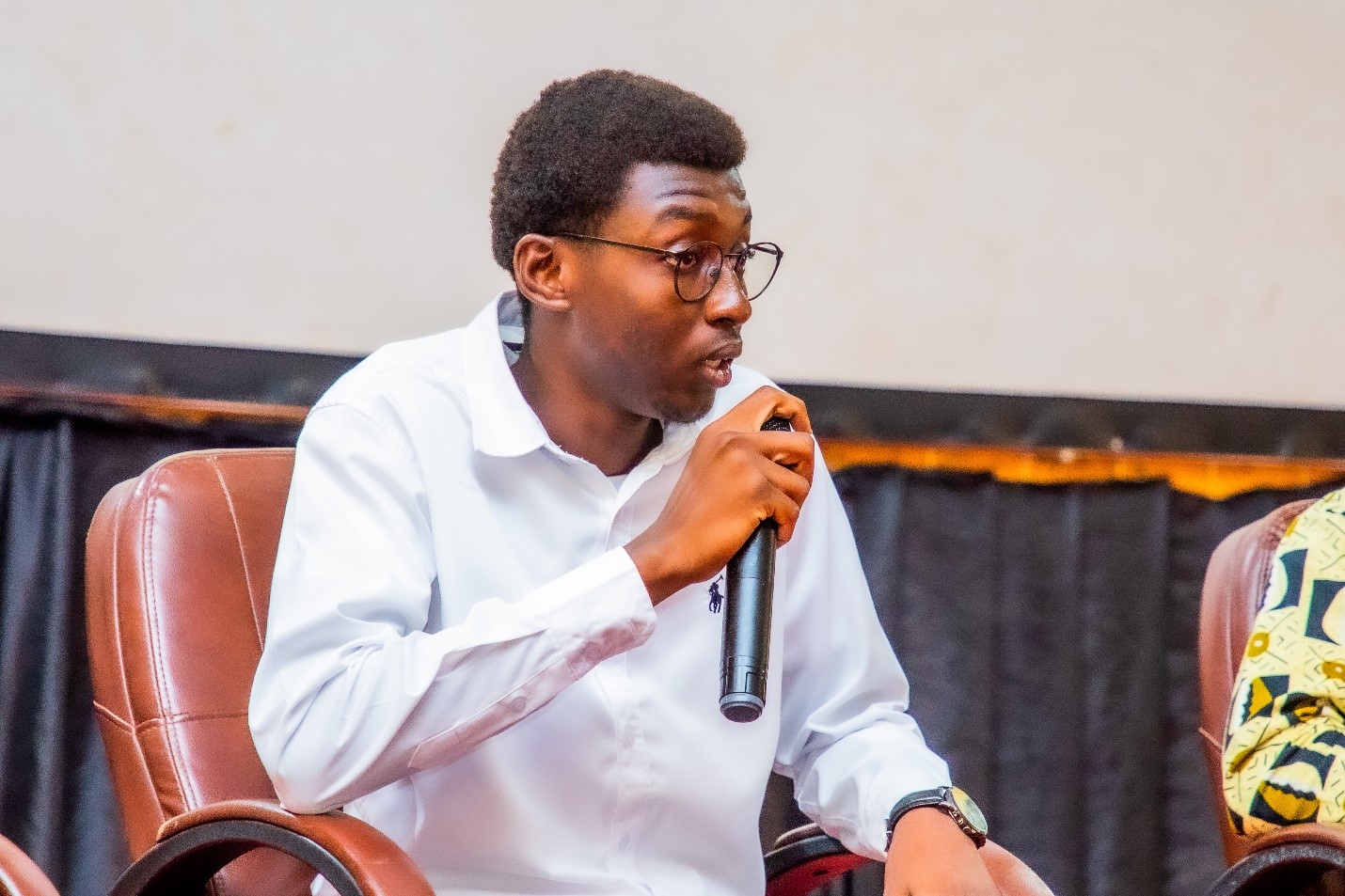
Mr. Caleb Alhassan, a robotics enthusiast, stated the need for stronger industry-academia collaboration to bridge the gap between research and real-world application. “If we want to see engineering lead Ghana’s development, we must move beyond just research. We need policies that encourage the commercialisation of local innovations and infrastructure that supports young engineers in executing their ideas,” he remarked.
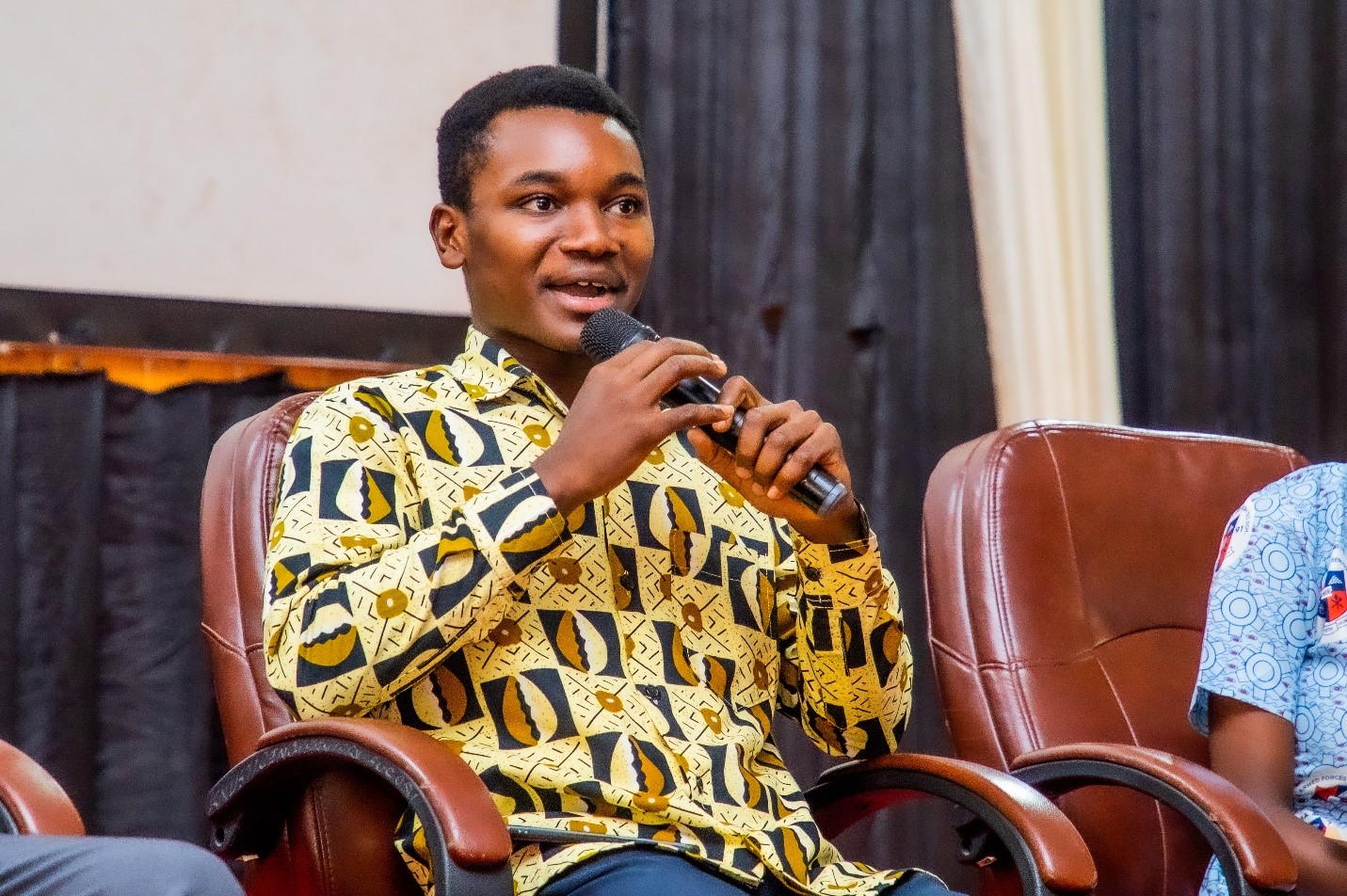
Mr. Isaac Ayesu, a final-year student from the Biosystems Engineering Department, shared his perspective on making engineering more inclusive. “Engineering is not just for those who excel in mathematics; it is for those who are willing to learn, innovate, and solve problems,” he affirmed.
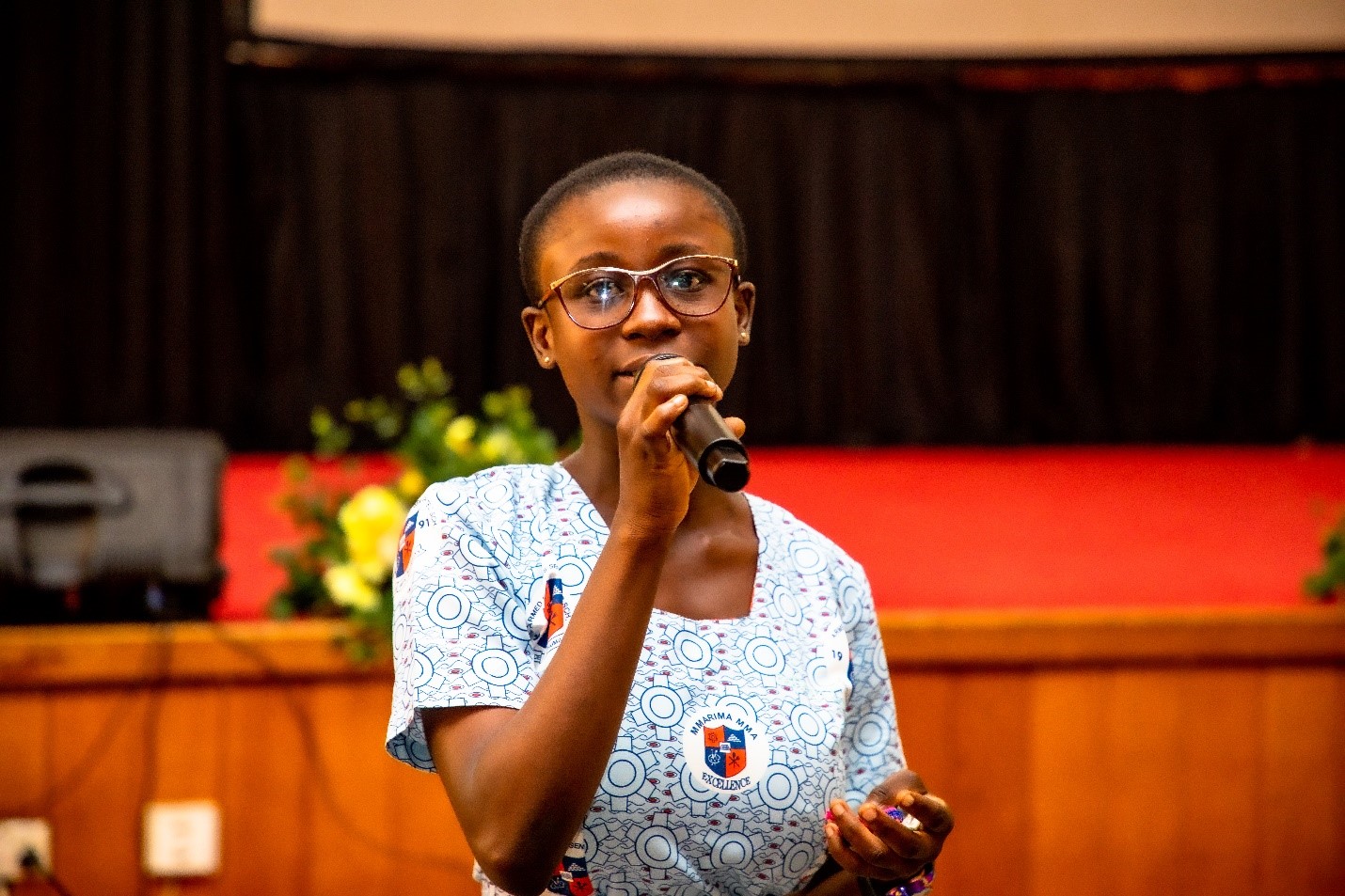
Ms. Patience Ahenkora Donkor from Armed Forces SHS addressed gender stereotypes, encouraging more women to pursue engineering careers. The discussion also explored how technology and adaptability are key to sustainability.
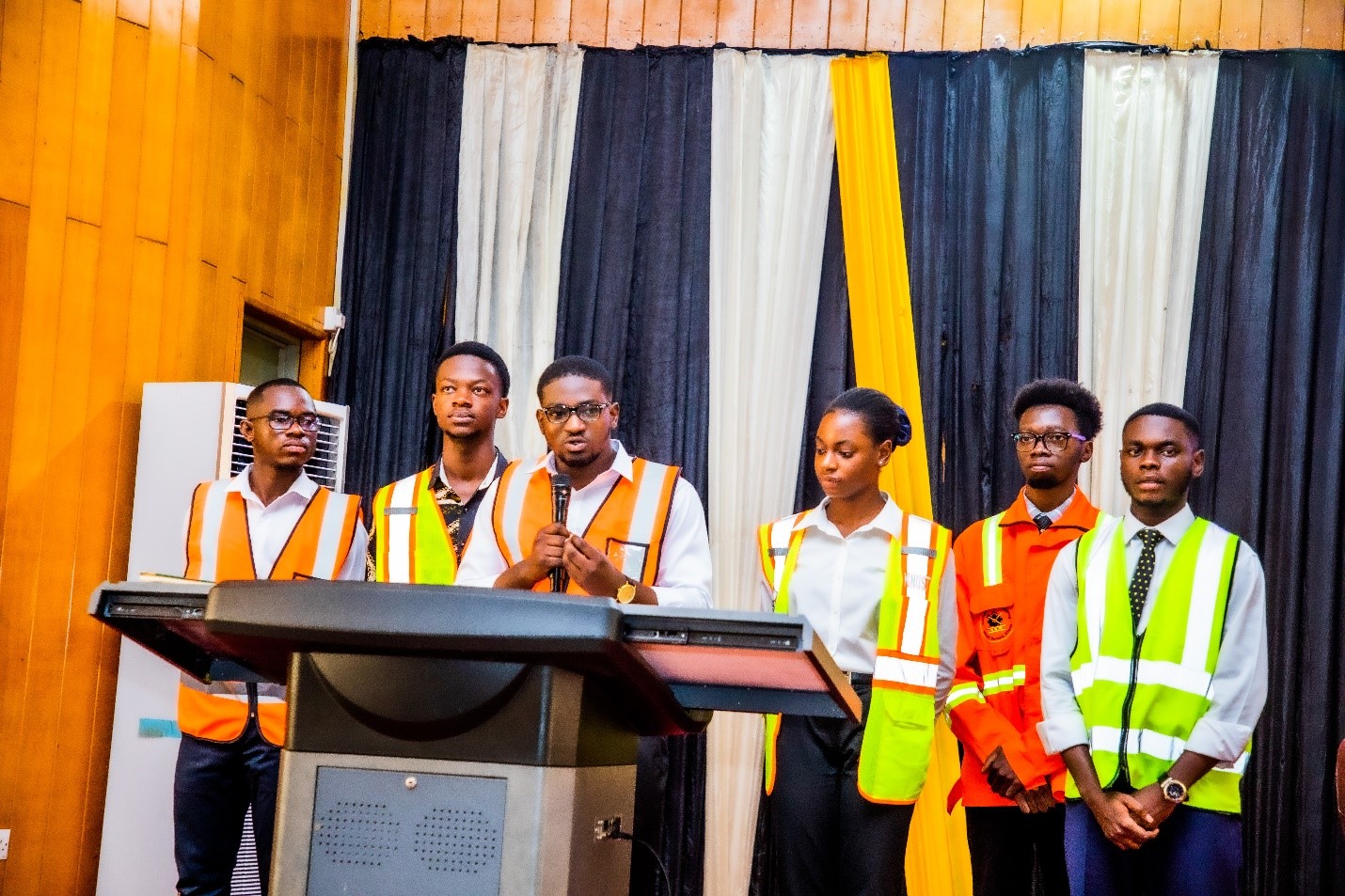
The executives of the Ghana Engineering Students Association (GESA) presented their programmes and projects. The Miss Engineer pageantry will celebrate and promote women in engineering by highlighting their contributions and encouraging greater female participation, and the Pen Down Challenge, a debate competition designed to provide a platform for students to analyse and discuss pressing engineering and sustainability issues critically.
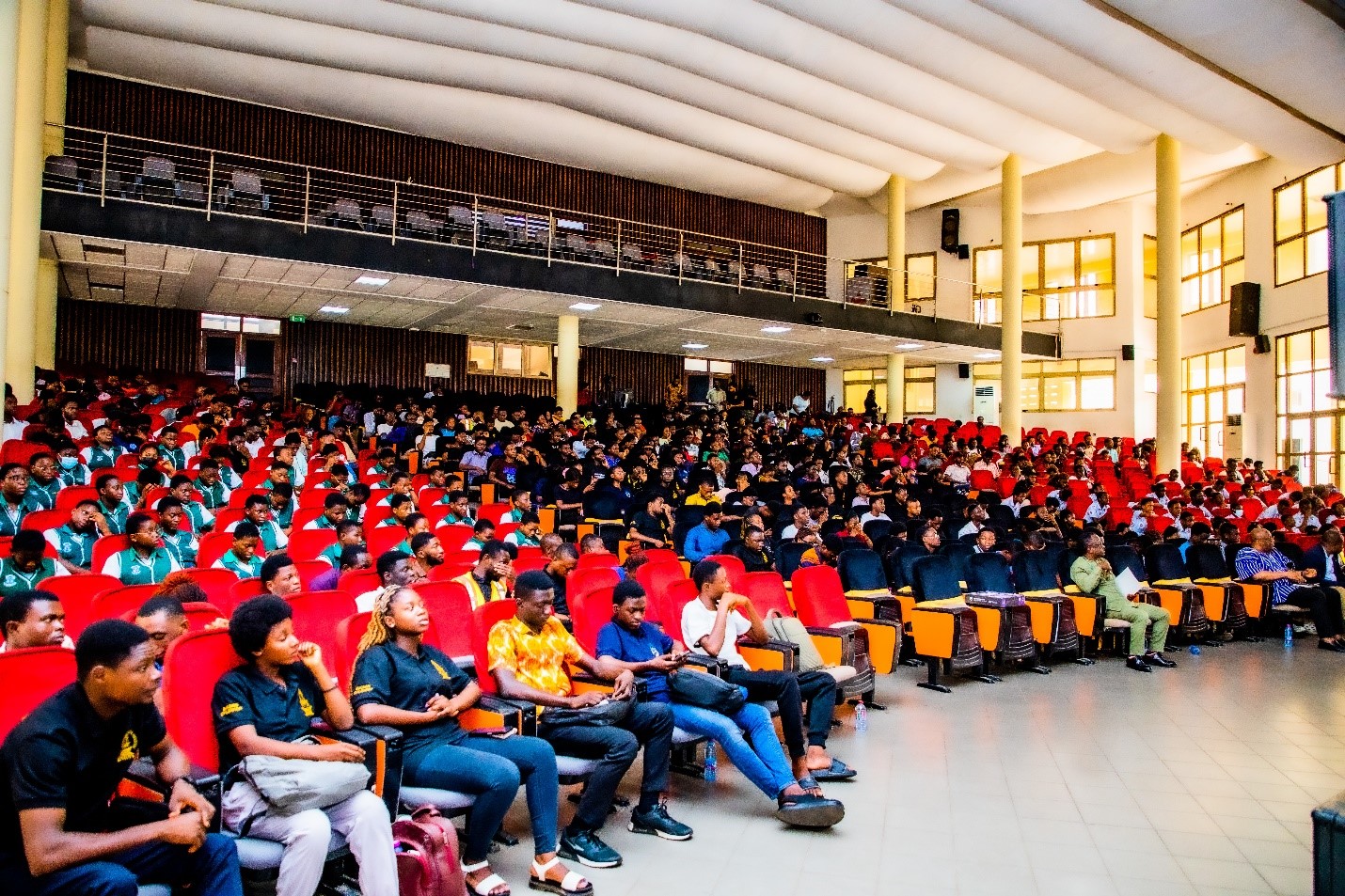
Prof. Kwaku Amaning Adjei, in his concluding remarks, said, “The world needs more engineers, but more importantly, it needs responsible engineers. Engineers who will use their skills to create sustainable solutions for a better future.”


